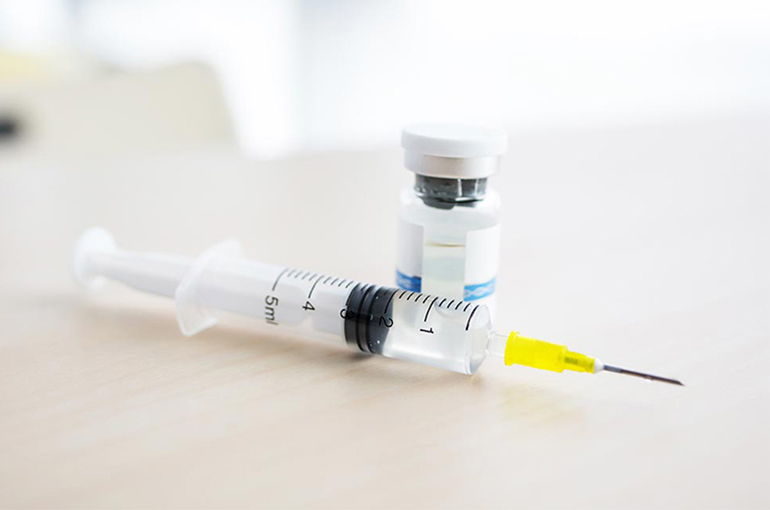 Sinopharm, Other Chinese Vaccine Makers Slash Prices as Competition Heats Up
Sinopharm, Other Chinese Vaccine Makers Slash Prices as Competition Heats Up(Yicai) Oct. 24 -- Sinopharm Group and other Chinese vaccine producers recently lowered their prices, sometimes by as much as 40 percent, as the rivals vie for market share amid fierce competition in the industry.
Sinopharm has slashed the price of some jabs that are not part of Jilin province’s immunization program, such as those for tetanus, influenza and 23-valent pneumonia, by between 14 percent and 37 percent, the provincial government announced yesterday.
Earlier this year, the firm cut the price of its quadrivalent flu shot by 31 percent to CNY88 (USD12), winning the tender for Jiangsu province’s bulk-buying scheme, local authorities said on May 20. Other flu vaccine makers such as Hualan Biological Vaccine, Beijing Kexing Biology Product, and Jiangsu GDK Biotechnology had no choice but to follow suit.
Beijing-based Sinopharm also won the bidding to supply Zhejiang province with a trivalent flu jab priced at only CNY9.40 (USD1.30) per dose, the regional government said on Sept. 5.
The reasons for the reductions are complex. Some vaccine makers are lowering prices to expand market share, an industry insider told Yicai. For example, Sinopharm, the biggest supplier of free vaccines used in the national medical insurance program, has lowered its prices for paid vaccines to boost sales, the person said.
And serious horizontal competition in the industry, where many companies turn out identical products, is also obliging those manufacturers to keep their prices competitive, the insider said. In addition, public hesitancy around inoculations and a decrease in preventive healthcare spending have also impacted sales to some extent, according to another source.
For those vaccines that have been on the market for many years and no longer have depreciation costs and have completed the amortization of research and development expenses, production costs are low and the effect of the price cuts is relatively small.
The impact of price cuts on profitability is relatively low for products that have been on the market for many years, where research and development costs and depreciation have already occurred. But for newer products that still have high production costs, lower prices have a greater impact.
In response to fierce competition in China, some vaccine firms have begun to turn to overseas markets. For example, Walvax Biotechnology's 13-valent pneumococcal conjugate shot, which was approved for sale in China in 2020, is registered in Oman and many other countries. As of June 30, the jab was being exported to 20 nations in Southeast Asia, South Asia, Central Asia, Africa, and the Americas.
Editor: Kim Taylor